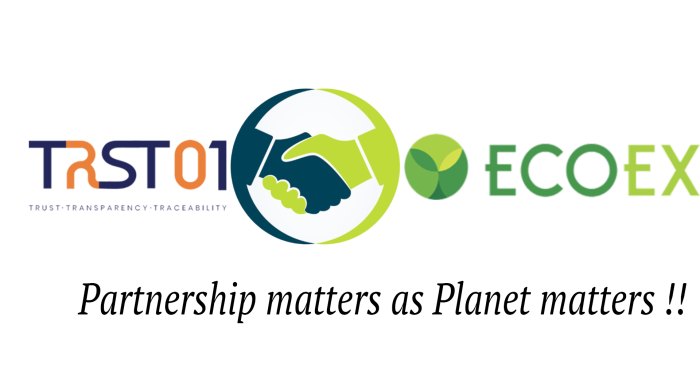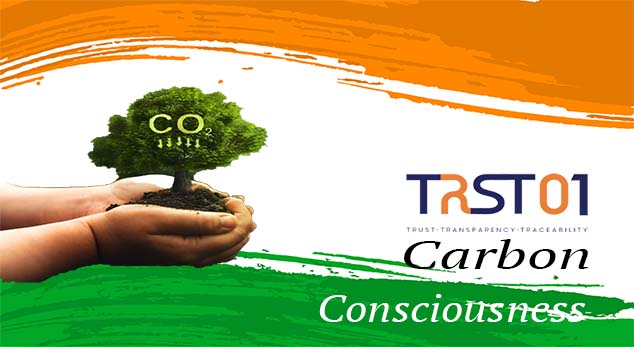
Driving Global Impact: Regulation, Technology, and Adoption
The EUDR and TRST01Chain exemplify the synergy between regulation, technology, and adoption in advancing sustainability. The EUDR aims to combat deforestation, while TRST01Chain offers cutting-edge traceability solutions. Together, they foster global collaboration, enhance transparency, and drive impactful actions towards achieving net-zero goals and sustainable agricultural practices.








